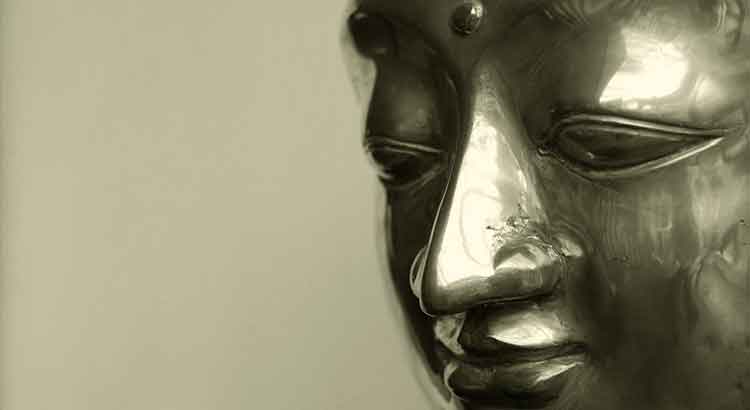Old age, disease, and death; old age, disease, and death: the obsessions that paved the Buddha’s path to “enlightenment.” More than open eyes, it takes courage to confront them. Buddha understood that thought is worth nothing if it does not incur in action: from reasoning, he drew philosophy, and philosophy guided his conduct. Old age, disease, and death: everything that lives is condemned to torment, exhaustion, and suppression. The mind always wants to deceive itself; so let it suffer, let it daily embitter the conclusions of its judgment, until it has all to the last illusion torn from it! And thus, teaches the shrewd and enlightened psychologist, one escapes from the evil cycle that always results in suffering and destruction.
Tag: psychology
Misanthropy Is One of the Most Salutary Traits to Reasoning That Has Been Reported
Misanthropy is one of the most salutary traits to reasoning that has been reported. Being a misanthrope involves a continuous and challenging effort. When one is misanthrope, one becomes a strategist by necessity. One learns psychology to understand the minds of others, to then predict their behavior and be able to avoid them. One has to be an expert in emotional stimuli to know never to arouse any in anyone. The misanthrope knows that his sagacity will be inversely proportional to the discomfort that comes from social relationships; therefore, the more sagacious he is, the more fully he will achieve the goal of seclusion. The interesting thing is that the stimulus never ceases, the misanthrope’s brain is instigated all the time and never rests, since there is always the possibility that someone will interrupt his solitude and ask him for something. It is like an endless game, extremely salutary to the intelligence and which, more than any other game, stimulates the will to win.
Psychological Variations
It is interesting to note how the psychology of great artists varies to extremes. In common, their sincerity. But how they differ, for example, in the vision they have of their own work! On one hand, examples such as Kafka and Flaubert, in whom the work seems not only bad, but it hurts them, it afflicts them to have to create it and to see it, because they are guided by something like a necessity. On the other hand, there are figures like Nietzsche and Pessoa, where the discouragement in front of the mirror not only seems non-existent, but often we notice a striking immodesty. What to conclude? It is evident that great art is a destination to which multiple paths lead.
There Are Adapted and Maladapted Human Beings
There are adapted and maladapted human beings, satisfied and unhappy, those who enjoy life and those who find it a nuisance. Those who live, those who think; comfort, discomfort; hope, delusion. There may be, in the human being, both dimensions; it may be that there are none. It is strange to observe the veiled consensus that there is a “normal”. The real question is: how to conduct the different and very natural mental dispositions? By answering it, we will notice that value is extracted from both equilibrium and chaos.



